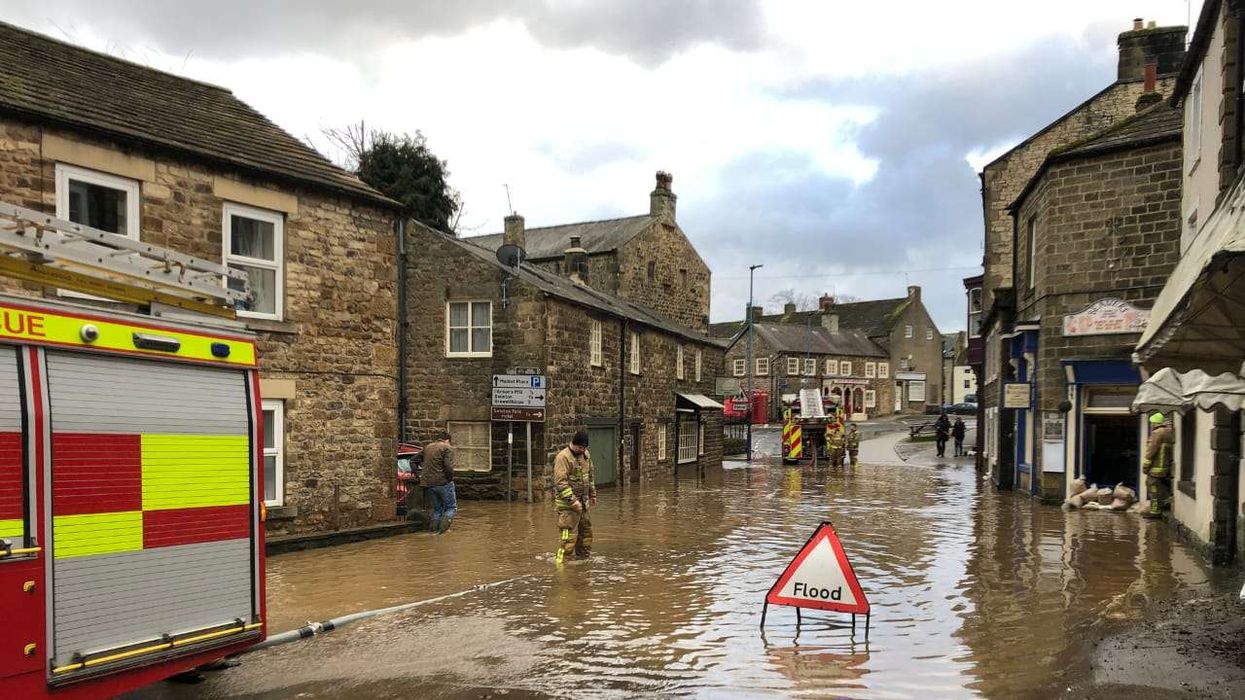Highlights
- ABI reports record £585 m in 2024 home weather-damage claims.
- Flood Re scheme under strain as reinsurance costs soar.
- Experts warn of financial instability if climate risks persist.
Britain’s insurance industry is under mounting strain as climate-related disasters drive up costs and disrupt traditional risk models. Analysts warn the surge signals a long-term structural threat rather than a one-off spike.
In the past decade, flood frequency has increased fourfold in the tropics and 2.5 times in mid-latitude regions and at least one in six UK residents now live in flood-risk zones, Meilan Yan and Qiuhua Liang of Loughborough University writes in The Conversation
According to the Association of British Insurers (ABI), weather-damage payouts hit a record £585 million in 2024, fuelled by flooding and storms.
Annual flood damages could rise by 27 per cent by the 2050s. As insurers raise premiums or withdraw cover, households are left exposed, property values fall, and mortgage access tightens raising the risk of a broader financial crisis.
Insurers say the sharp rise in claims is forcing them to rethink their pricing models, investment strategies and risk exposure. Some major providers are reviewing their coverage for flood-prone areas, while others are pushing for government backed risk-sharing frameworks.
Industry experts warn that if insurers pull back, homeowners could face unaffordable premiums or lose cover altogether hitting both households and the housing market.
Flood resilience strain
The government-backed Flood Re scheme, set up in 2016 to keep insurance affordable for high-risk homes, is showing signs of strain. Reinsurance costs have climbed £100 million in three years, while policy uptake has jumped 20 per cent, suggesting insurers are retreating from risk-heavy markets.
Flood Re chief executive, Perry Thomas recently warned that the UK’s flood resilience has “worsened” since the scheme’s launch due to slow progress on flood defences and poor coordination among lenders, developers, and policymakers.
Experts caution that without rapid adaptation, up to 3 m homes could lose value within 30 years. Insurers and regulators are now being urged to integrate physical climate risks into financial systems before worsening floods spark a deeper economic fallout.





